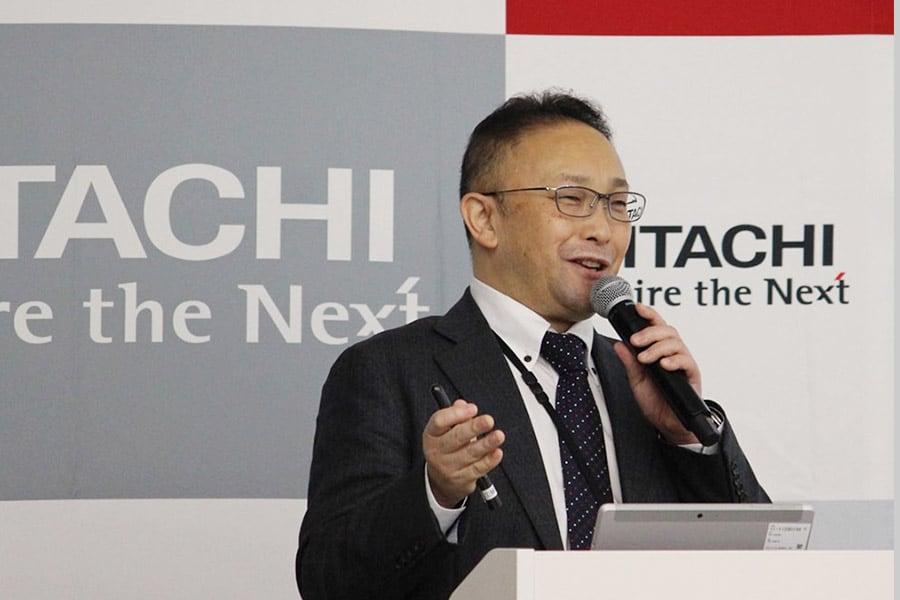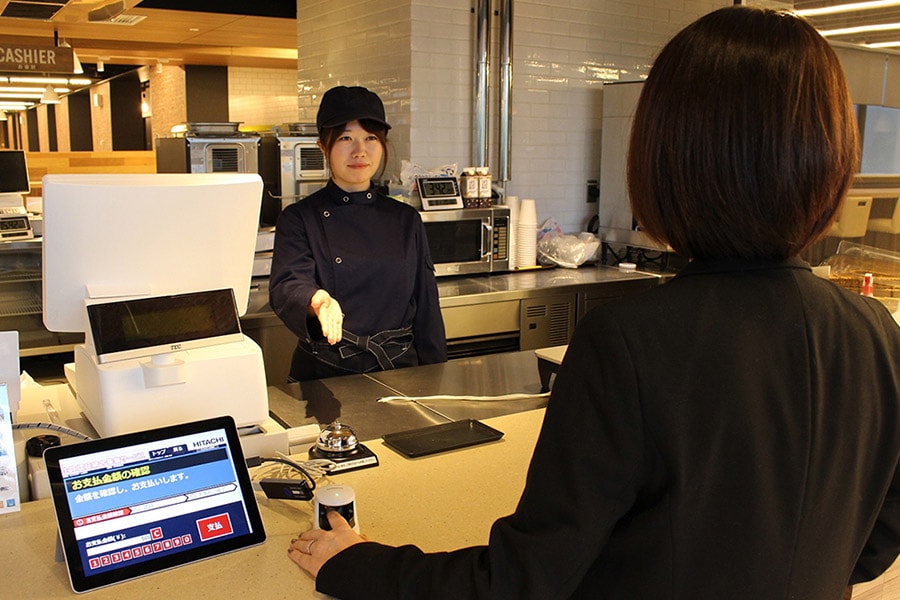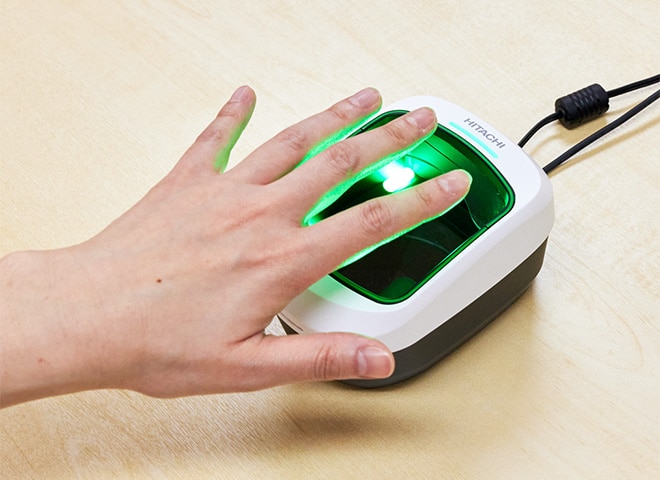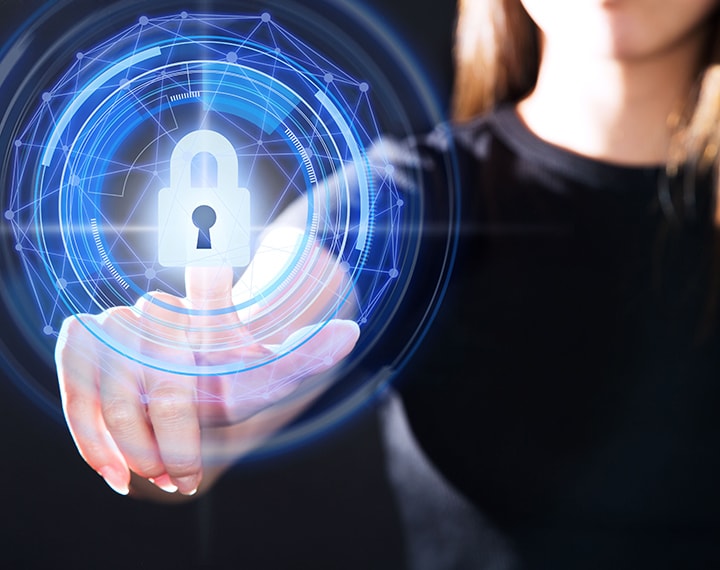A step toward wallet-free payment: Offering a cloud service that achieves secure biometric authentication
Oct. 30, 2020
Urara Nagaoka

On October 30, 2020, Hitachi, Ltd. launched its Biometrics Integrated Infrastructure Service, which uses biometric information to enable personal authentication in a variety of everyday situations.
This service makes possible cashless payments, ticketless admission to venues, and other wallet-free transactions by linking finger vein, face, or iris biometrics to such personal information as credit cards. Because the biometric information is registered in the cloud in a non-restorable form, it provides the advantage of a high-level of security.
This service is garnering high expectations for use in various everyday settings, including paying when dining out and shopping, as well as gaining admission to theme parks and sports clubs, all without having to carrying around a wallet or even a smartphone. At a press conference held prior to launch of the service, Mr. Takeyuki Mayumi of the Financial Information Systems 2nd Division Digital Innovation Business Unit, who was in charge of the development of this service, said: "Using this service will dramatically change everyday life by freeing users from the inconveniences involved in personal authentication, such as the need to carry around keys or smartphones or having to memorize and enter PINs and passwords."
Achieving high-level security with the Biometric Authentication Infrastructure
Cashless payments are experiencing a rise in percentage of overall use as COVID-19 infections spread. This has been accompanied by an increase in the fraudulent use of electronic payments and unauthorized withdrawals from bank accounts, driving demand for a service that enables more stringent personal authentication.
Under these circumstance, biometrics is attracting attention as a means of personal identification that uses the face, finger veins, or other various parts of the body. Companies and consumers are rapidly adopting such system, and according to a survey by MarketsandMarkets, the global market for biometric authentication systems is expected to approximately double from 2019 to 2024.
The newly launched Biometrics Integrated Infrastructure Service uses Hitachi's proprietary authentication technology, known as the “Public Biometrics Infrastructure” (PBI). PBI registers biometric information in a non-restorable form in the cloud, so the data for the biometric information itself is not stored anywhere on the system. This means that, even if there is an information leak, there is no risk of biometric information being restored, thus ensuring high security.
As Mr. Mayumi explains, "PBI does not directly use biometric information. Instead, it performs unidirectional conversion, making identify theft virtually impossible. This non-restorability also makes prevents malicious use."
Wallet-free personal authentication anytime, anywhere

Another feature that makes this system attractive is that, because all information is managed in the cloud, users can easily carry out wallet-free personal authentication anytime and anywhere after one-time registration. The system is expected to find wide application in not only paying for shopping and dining out, but also in train fare adjustment, medical examinations, and the picking up of prescriptions at hospitals—and even at the reception desks of lodgings and sports clubs.
We go through personal authentication in many aspects of our lives, but this comes with various hassles such as being unable to remember a password, being helpless to do anything if you forget your smartphone or credit card, and having to register for every service that you use. Mr. Mayumi comments as follows on his desire to free us from these daily aggravations:
"Looking even further into the future, Hitachi hopes to deploy this robust infrastructure throughout society. Our aim is to create a lifestyle that allows you to authenticate yourself with just yourself—no smartphone, credit card, or fallible human memory needed."



